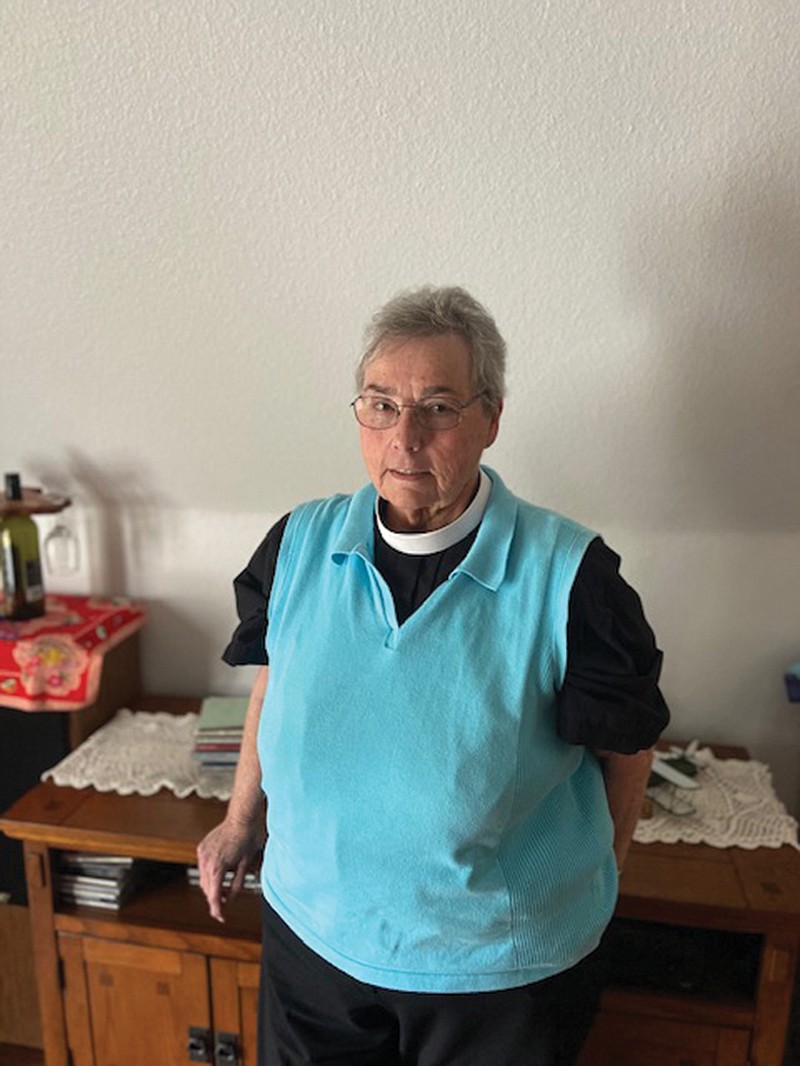When this issue of HER hits your doorstep or the racks, we will be embarking on the fourth week of the season of Lent. Lent is a 46-day period of self-examination, involving prayer, fasting, self-denial, alms giving, and penitence, practiced first by early Christians, then kept in practice over the centuries by various liturgical churches. It began Feb. 17 and ends on the Saturday before Easter. (Sundays are considered Little Easters, so Lent observers may forgo their Lenten observation on the six Sundays between Ash Wednesday and Holy Saturday.) In recent times, some of my evangelical brothers and sisters have found Lenten observances attractive and have adopted its disciplines.
Four weeks in (or thereabouts) is not too late to embark on a Lenten journey.
While Lent is a season of penitence and discipline, it need not-and should not-be one of abject and visible despondency. You can take on a practice or habit, as well as giving up something you think has too much of a hold on you. You can find joy in your Lenten journey. I urge you to do something that will enhance your quality of life and grow your relationship with God in Christ.
If you choose to break a habit, for example, you will need to rely on God to give you strength and forbearance. The recognition that you cannot accomplish this in your own strength is valuable for your spiritual life. Remember a couple of things: God knows your imperfections and struggles. He does not view or value success as the world does. He calls us to faithfulness, not worldly success.
In scriptures we read on Ash Wednesday, Isaiah urges us to rend our hearts, not our garments. Our hearts and souls interest God.
If you want to tell others about your Lenten disciplines, seeking accountability partners, fine. But whatever the outcome of your observance, mercy, grace, forgiveness, remission of sins, the making of new hearts and citizenship in the kingdom come from only one judge.
Ultimately the commitment and the result are between you and God. Trust him. He alone already knows the end of your story, including this chapter.
Lent reminds us we were made for something better than what we are and what we do in this earthly life. We exist only because God loves us and wants a relationship with us. That relationship was forfeited through Adam and Eve at the Fall, and on our own we could not restore it. We are saved through faith in Jesus, the Son of God, by the grace of the unconditional love of God. Paul best expresses that when he says, "While we were yet sinners, Christ died for us."
We honor that sacrifice during Lent by making some sacrifices ourselves. But not like the hypocrites. We do not need to call attention to our disciplines. If we do so, we are no different from the Pharisees who wore the ostentatious phylacteries, prayer boxes, on their foreheads, who prayed loud and long in public, whose contributions to charity were announced publicly with a trumpet fanfare, who looked miserable and beat their chests when they fasted.
Others may ask what you are doing for Lent, and why. Some are nosy. Some may be genuinely interested. Many will be score-keeping, looking for and logging any lapses. One of these days, I may decide to take on the Lenten discipline of not responding, "Why do you want to know what's between me and God?" to those I suspect of impure motives in their inquiries. But not this year, Satan.
I think maybe the best thing we can do in the season of Lent is to bear whatever disciplines we add or whatever pleasures we deny ourselves with the gladness and singleness of heart those of us who participate in Holy Communion-centered worship pray for at the conclusion of the Mass. We do not need to be gloomy Christians to attest to our penitence, we do not need to approach more prayer, study, and Bible reading as chores. We do not need to find recognizing and respecting the dignity of others (those neighbors Jesus told us to love as ourselves) and seeing and serving Christ in them an onerous obligation. This is especially so for those who would not make the guest lists in our various social circles.
Whatever inconvenience or sacrifice, or additional action/study, we take on as a discipline cannot match the suffering of Christ on the cross. You will recall he rewarded simple, often unspoken or otherwise unnoticed, faith. Consider the woman with the issue of bleeding who believed she could be healed by merely touching Jesus' cloak as he passed by.
Our Lenten commitment is one part of the Good News about which we do not have to go and tell, see and be seen. Do your discipline as best you can, keeping in mind what you are doing is for a God with a generous and gracious heart. n

